Implementing Conclusion 183 of the Politburo , the Government has requested ministries, branches and localities to complete the streamlining of staff according to Decree 178 before August 31. From this time, the "one-stop" support policy according to Decree 178 officially stops.

From September 1, cadres, civil servants and public employees who retire early or quit their jobs due to staff reduction will be subject to Decree 154 on staff reduction.
The new policy no longer provides large-scale one-time subsidies, but instead focuses on supporting people who retire early, leave their jobs on schedule and still receive their full pension, without deductions, along with a number of other subsidies calculated based on working time and job characteristics.
This is considered a reasonable adjustment step, aiming at fairness and long-term stability, while reducing financial pressure on the budget while still ensuring social security.
Shift to more sustainable, practice-based policies
In the 5 groups of subjects entitled to benefits and policies under Decree 154, there are clear regulations: Civil servants, public employees and redundant workers due to organizational restructuring; cadres, civil servants, public employees in leadership and management positions who cease to hold leadership and management positions or titles or are appointed or elected to leadership and management positions with lower salary or leadership allowance due to organizational restructuring; individuals who voluntarily reduce their payroll and are approved by the agency, organization or unit directly managing them.
Surplus personnel due to review and reorganization of the apparatus are also entitled to benefits and policies according to Decree 154...
The Decree sets out specific policies for each group of subjects, including the policy on early retirement. Accordingly, although cadres, civil servants and public employees who retire early will no longer receive a one-time pension as in Decree 178, they will still receive their full pension (without deduction of the pension rate) if they retire according to a suitable roadmap and have paid social insurance for a sufficient period of time to receive a pension.
The level of support will be calculated based on the length of service, working conditions and the specific characteristics of each position. Those who are eligible for early retirement are divided into 4 groups, with specific support regimes.
The Decree also stipulates policies for transferring to work at organizations that do not receive regular salaries from the state budget; policies for severance; policies for non-professional workers at the commune, village, and residential group levels.
This Decree aims to encourage voluntary and planned retirement, limit mass retirement, while ensuring social security, reducing budget pressure and maintaining a team of civil servants with practical capacity.
According to the spirit of Decree 154, those who retire early, quit their jobs... are carefully calculated, and have replacement and succession plans. Those who are still capable and prestigious are still retained, avoiding the mechanism of "leveling" or mass resignation.
Streamlining the payroll is not a one-time "major surgery" but a process of continuous adjustment and adaptation. Ending the "one-time" support under Decree 178 does not mean cutting benefits but rather switching to a sustainable policy, more suitable to the reality and financial capacity of the budget while still ensuring the benefits of cadres, civil servants and public employees subject to streamlining.
Source: https://baonghean.vn/dung-tro-cap-theo-nghi-dinh-178-cong-chuc-nghi-huu-truoc-tuoi-huong-che-do-gi-10306634.html






![[Photo] Da Nang: Hundreds of people join hands to clean up a vital tourist route after storm No. 13](https://vphoto.vietnam.vn/thumb/1200x675/vietnam/resource/IMAGE/2025/11/07/1762491638903_image-3-1353-jpg.webp)





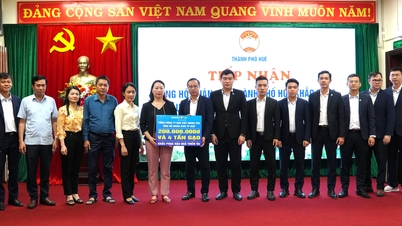

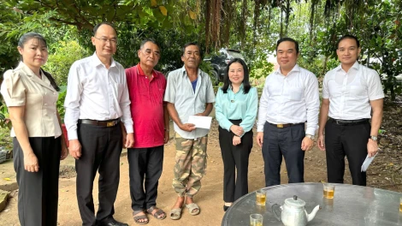

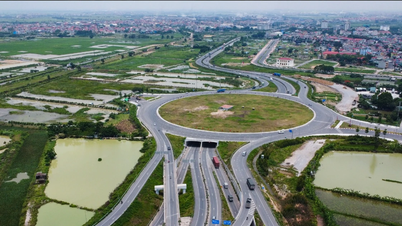

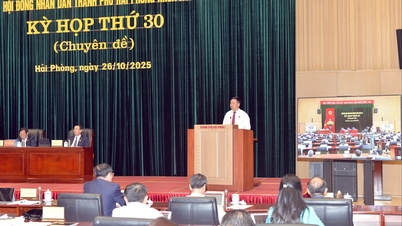



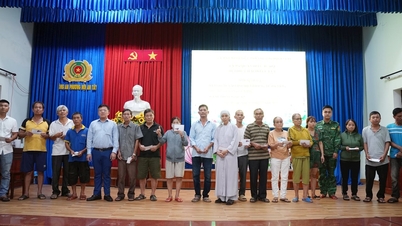



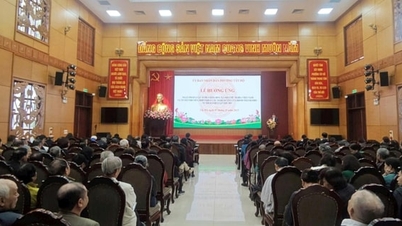


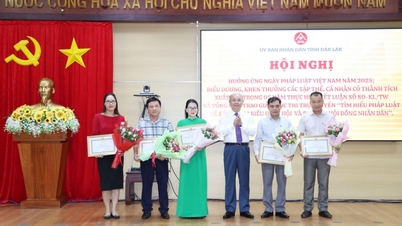





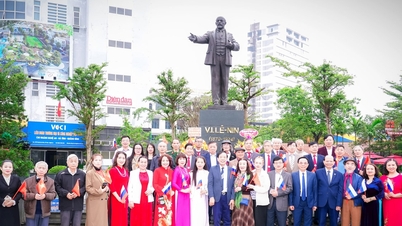
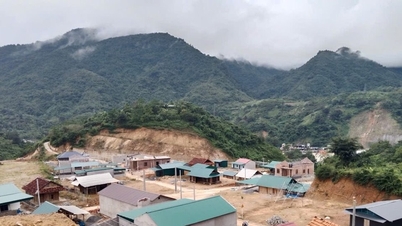

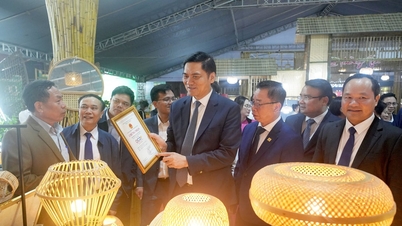








































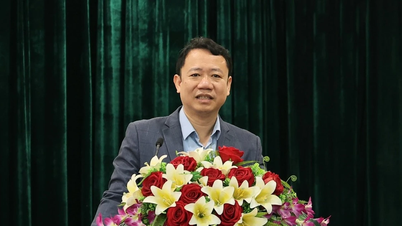
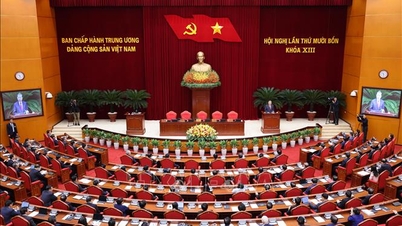










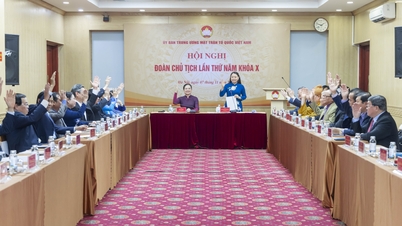



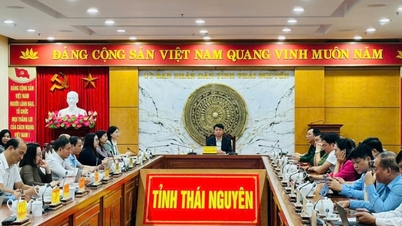
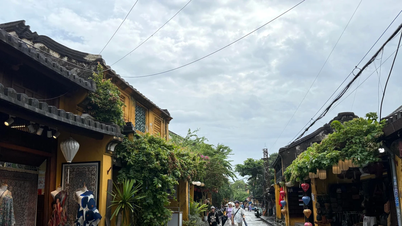

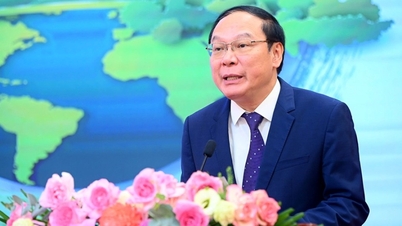















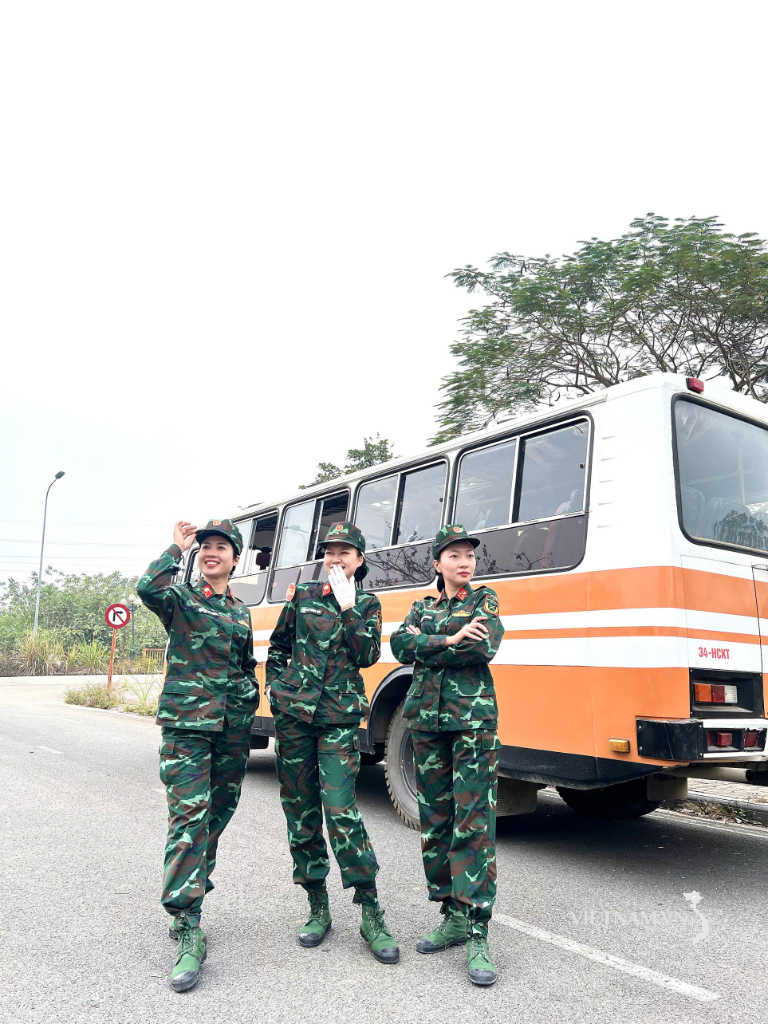
Comment (0)